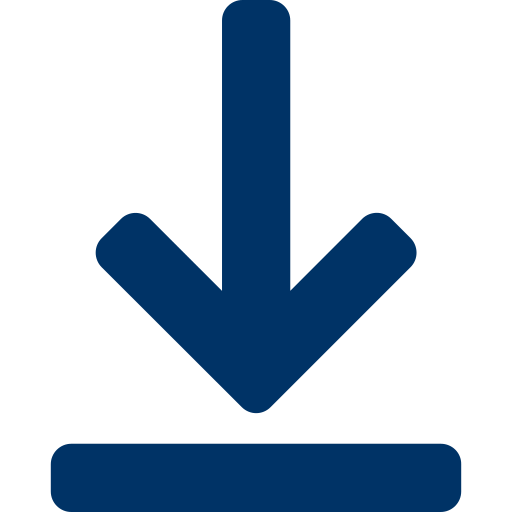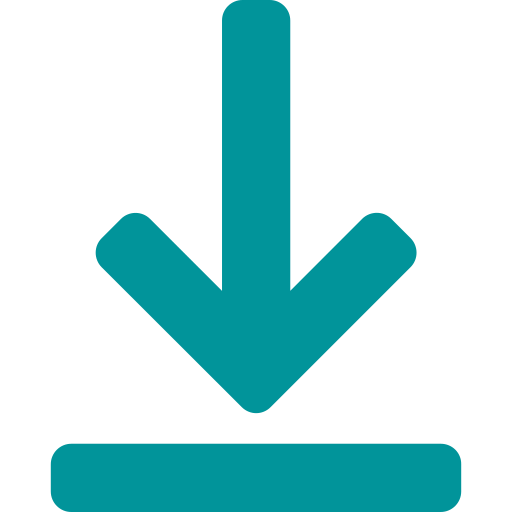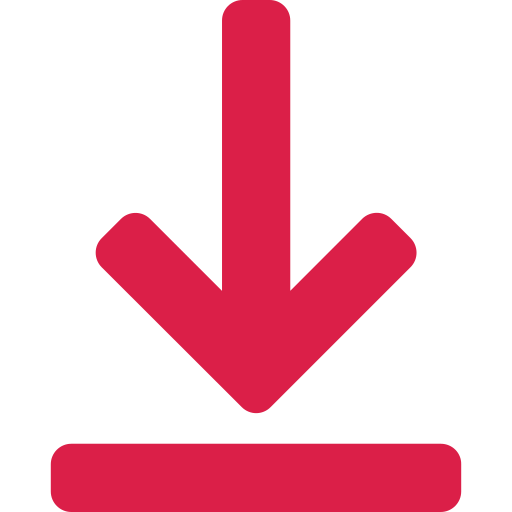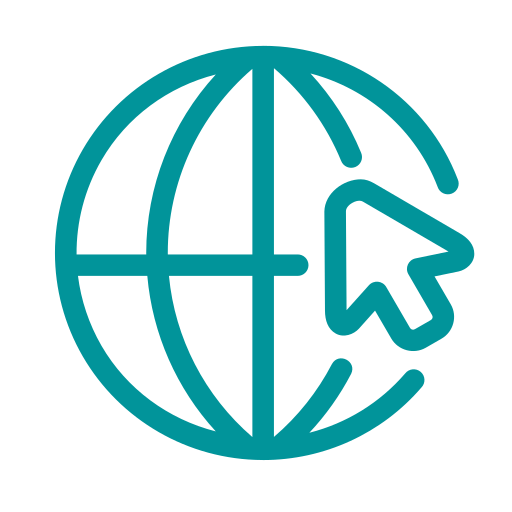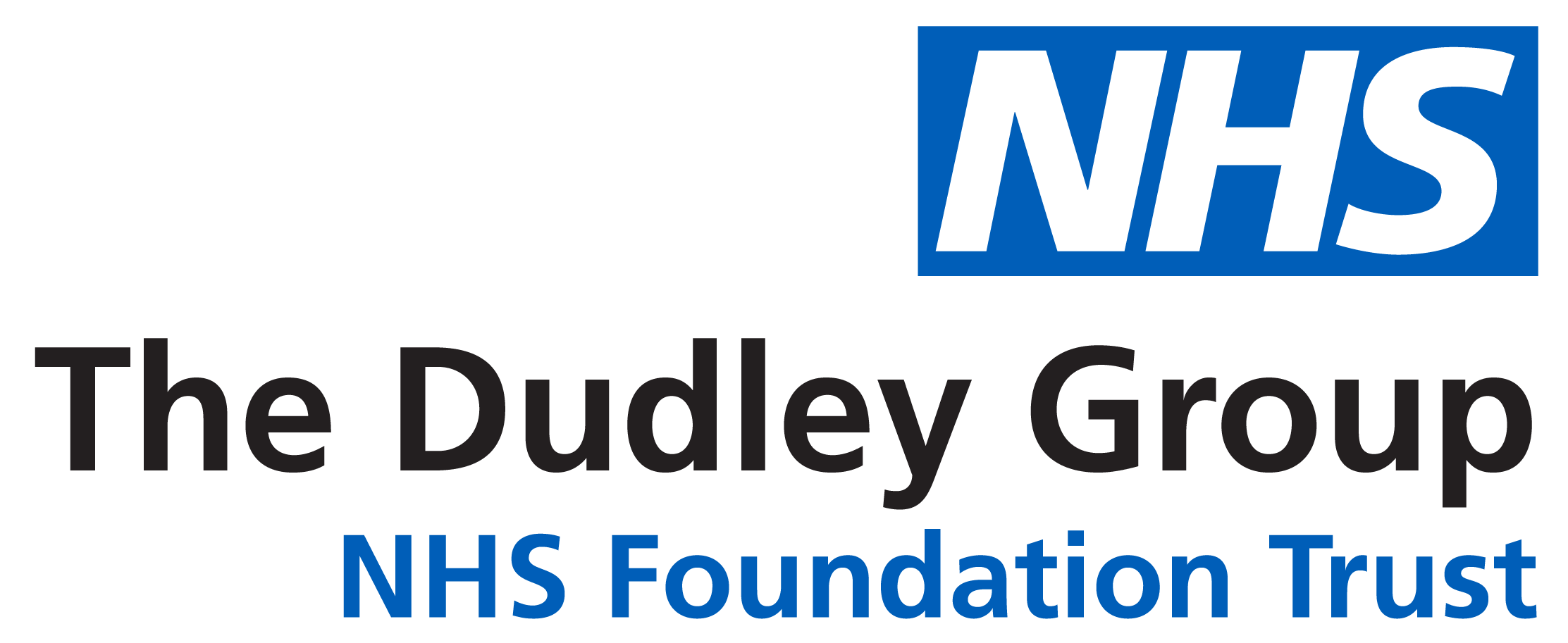Foundation
Years
FOUNDATION MENU
MEDICAL TRAINING FLOW CHART
What to expect
As a foundation doctor at the Dudley Group
The UK Foundation Programme is designed to support the transition from medical student to doctor. It thus covers a crucial stage in the medical training, marking:
- the acceptance of professional responsibility for the care of patients and their families/carers;
- the beginning of a doctor’s working life as a qualified healthcare professional who will be a valued member of the multidisciplinary team, go on to provide leadership, and ultimately take overall responsibility for their patients’ care;
- the start of the doctor’s career as an independent, self-directed professional.
The Foundation Programme must therefore provide the opportunity for newly qualified doctors to deliver the care required to meet population healthcare needs in an environment that supports the doctor’s development and protects patients. To achieve this, the programme places doctors in a series of complementary medical environments, including both acute and community settings where you work under supervision, to develop the generic capabilities that underpin the provision of both acute and long-term healthcare.
In particular, you will learn the importance of integrating with multidisciplinary teams and delivering patient-centred care. The use of varied placements offers the opportunity to acquire an essential knowledge of the breadth of modern healthcare and an understanding of the equal importance of physical, mental and sociocultural needs to health and wellbeing.
The above text has been taken from the UK-Foundation-Programme-Curriculum-2021 – ‘Purpose’ page 5-6
OUR PEOPLE, THEIR INSIGHTS
– Dr Ebelechukwu Nwokedi
Eby talks about her experiences and career progression whilst working as a foundation year doctor at The Dudley Group.
Opportunities at in our
Foundation Programme
Whilst moving through your foundation training programme, you will gain experience in the real world of medicine and surgery.
You’ll get to experience the true highs and lows of being a doctor, assisting our patients with more than just medicine. You will offer a listening ear, provide holistic support and educate people on preventative measures, providing patients with different ways of treating themselves going forward. As a foundation doctor, you are also a great support network to each other as you navigate this time in your lives and the last two years. Working through a worldwide pandemic has provided an experience like no other. You choose your rotations during the application process and are granted your choices for a two-year programme dependant on your grades.
Within your role, you also have the opportunity to take taster days or a taster week in a specialty that isn’t on your training programme, to gain experience in a new area that interests you.
The Dudley Group has a Wellbeing Champion who checks in with each foundation doctor and is available to provide support, a listening ear, and guidance where necessary. You will work on the frontline with our patients as part of the driving force of the hospital. You ultimately look after our patients and influence patient care, so your wellbeing is paramount.
Recruitment
Recruitment is generally undertaken nationally. Further details can be found on the Foundation Programme Office website.
Foundation
Year one
Foundation year 1 (FY1) introduces medical graduates to supervised responsibility for patient care and consolidate the skills that they have learnt at medical school. Foundation doctors are responsible for their learning within the programme, with the support of the Medical Education team. It is important to arrange regular meetings with supervisors, maintain a Horus e-portfolio, keep up-to-date with the required assessments and attend mandatory teaching to ensure Annual Review of Competency Progression (ARCP) sign-off.
Foundation
Year two
Foundation year 2 (FY2) doctors remain under clinical supervision, as well as all doctors in training. However, the responsibilities towards patient care increase. Management decisions are required as part of progressing towards independent practice. FY2 doctors enhance their core general skills, and work more with the wider healthcare profession. This includes nurses, medical students and less experienced doctors.
Completing FY2 will offer clinical competence, leadership and the decision-making skills and responsibilities that are paramount for hospital and general practice specialty training. On completion of FY2 doctors are awarded with a Foundation Achievement of Competence Document (FACD). This confirms suitability to enter a core, specialty or general practice training programme.
Further information specific to Dudley Group staff regarding FY1 teaching programme schedules, simulation training dates, operational meetings and the Doctor’s mess is available on our education learning platform.
Select the button below to find out more. You will be required to log in to the DGFT Medical Education platform for access.
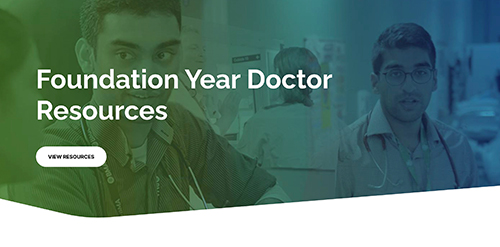
As part of foundation training programme, all doctors must use an electronic portfolio (eportfolio) to document their progress and competencies. In England, Horus is the designated ePortfolio platform for foundation doctors, and understanding its functions is essential for seamless training and assessment. Our videos guide you through the key aspects of Horus, ensuring you can use it effectively to support and document your educational journey.
Select the button below to find out more. You will be required to log in to the DGFT Medical Education platform for access.
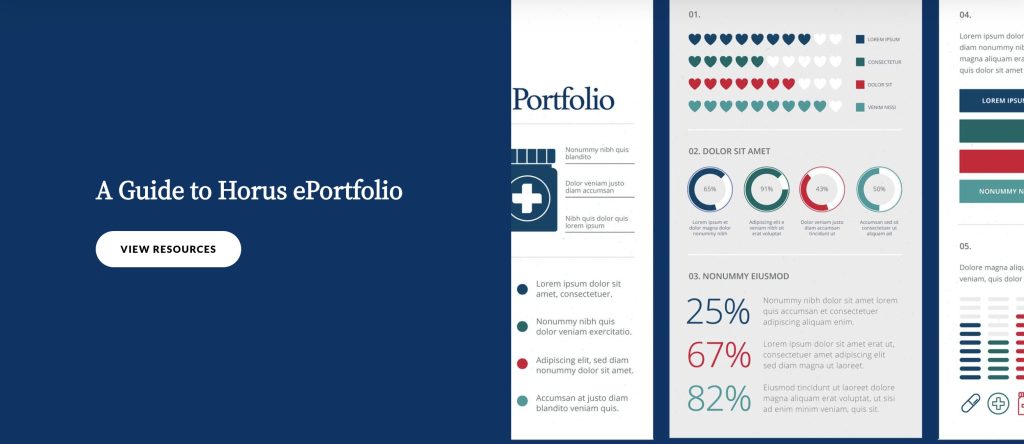
FOUNDATION TRAINING PROGRAMME DIRECTORS
In this Trust we have two Foundation Training Programme Directors (FTPD)
Our FTPD’s are responsible for the overall management and control of the Foundation Programme years. They work alongside the local lead educators to ensure that each placement of the programme (and the programme as a whole) meets the local Health Education England area standard for training. They also ensure that each trainee is able to access a comprehensive range of experiences, which will enable them to gain the capabilities necessary for full registration and completion of the foundation curriculum.
OUR PEOPLE, THEIR INSIGHTS
– Dr Tamar Saeed
Dr Saeed talks about his experiences working in the role of Foundation Training Programme Director at The Dudley Group.
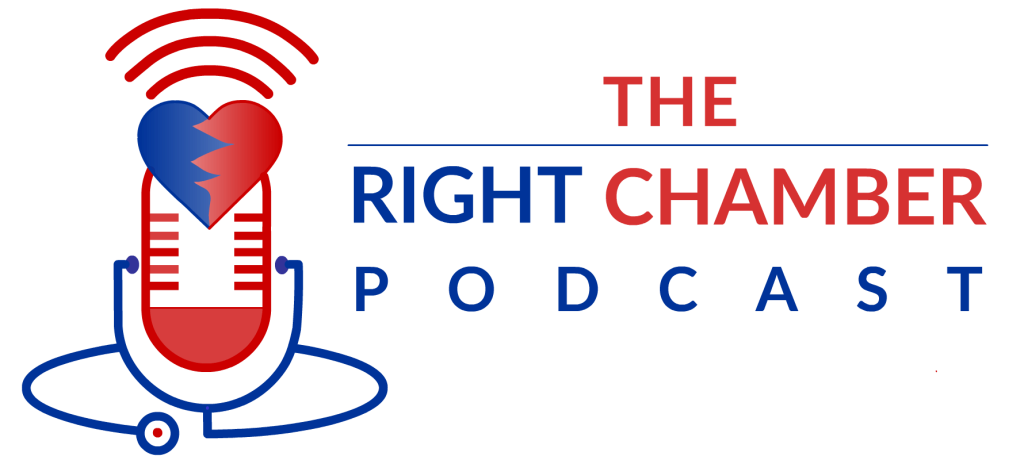
Episode 3:
Surviving Foundation Year One
Dr Victor Adeyera and Dr Jasprit Kaur present the third episode of the Right Chamber.
In this episode, two current FY2 resident doctors, Dr Omar Eymech and Dr Zarin Salehin, share insights from their FY1 year. They reflect on the key lessons they learned, the challenges they faced, and the life changing transition from medical student to resident doctor, offering honest advice and relatable experiences for anyone at the start of their medical career.
View The Right Chamber’s Linktree to discover and stream other episodes from various platforms.
Inductions
and ePortfolio
FY Inductions
FY1 Trainees currently receive a dedicated induction, which includes a generic Trust induction and shadowing on the ward. FY2 Trainees have a similar arrangement before the commencement of their FY2 year.
The induction includes elements such as resus, electronic prescribing and clinical IT systems training. FY1 Trainees will receive additional sessions including clinical skills.
As part of the induction, trainees also receive a department induction specific to the rotation they will be starting. The Trust policy for taking consent can be viewed on the Trust intranet (The Hub is only accessible on hospital computers). All foundation doctors are required to sign a ‘Consent and Prescribing’ contract for the Trust at the first meeting with their Educational Supervisor.

ePortfolio
This is a key learning tool during foundation years, and is an essential and mandatory requirement that provides an audit of progress and learning. Trainees must engage with their portfolio at the beginning of FY1.
It is the responsibility of all FY trainees to ensure the timely completion of all assessments. The foundation manager will regularly review portfolios throughout the year.
All Foundation Schools in England use Horus, which is provided by Health Education England.

What is Horus?
All foundation doctors are required to use an electronic portfolio (e-portfolio) during their foundation training. There are two providers used to deliver the Foundation Programme e-portfolio across the UK: NHS Education for Scotland (NES) and Health Education England (HEE) – the e-portfolios are known respectively as Turas and Horus.
- Horus guidance
- Horus login
Foundation
Support
If you have any questions or queries about Foundation Year training please contact our Postgraduate education team for support.
If you require any support regarding your mandatory and statutory training, please link to the email below.
Telephone:
01384 456111 | Ext 1096
LINKS TO ESSENTIAL DOCUMENTS
Select the links below to open some useful PDFs to help you with your training.

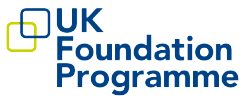
Below are some useful website links that can help and support your training.


